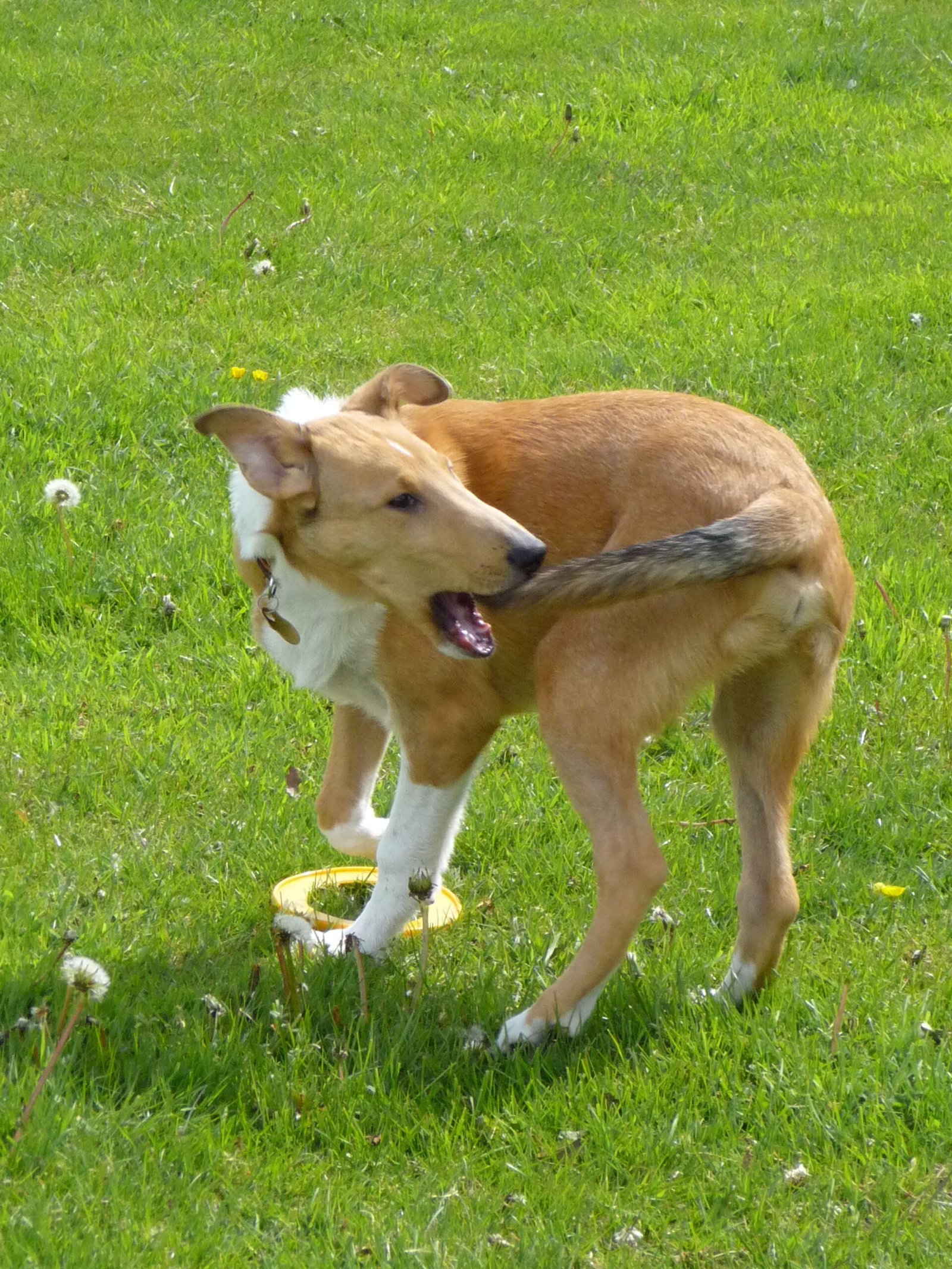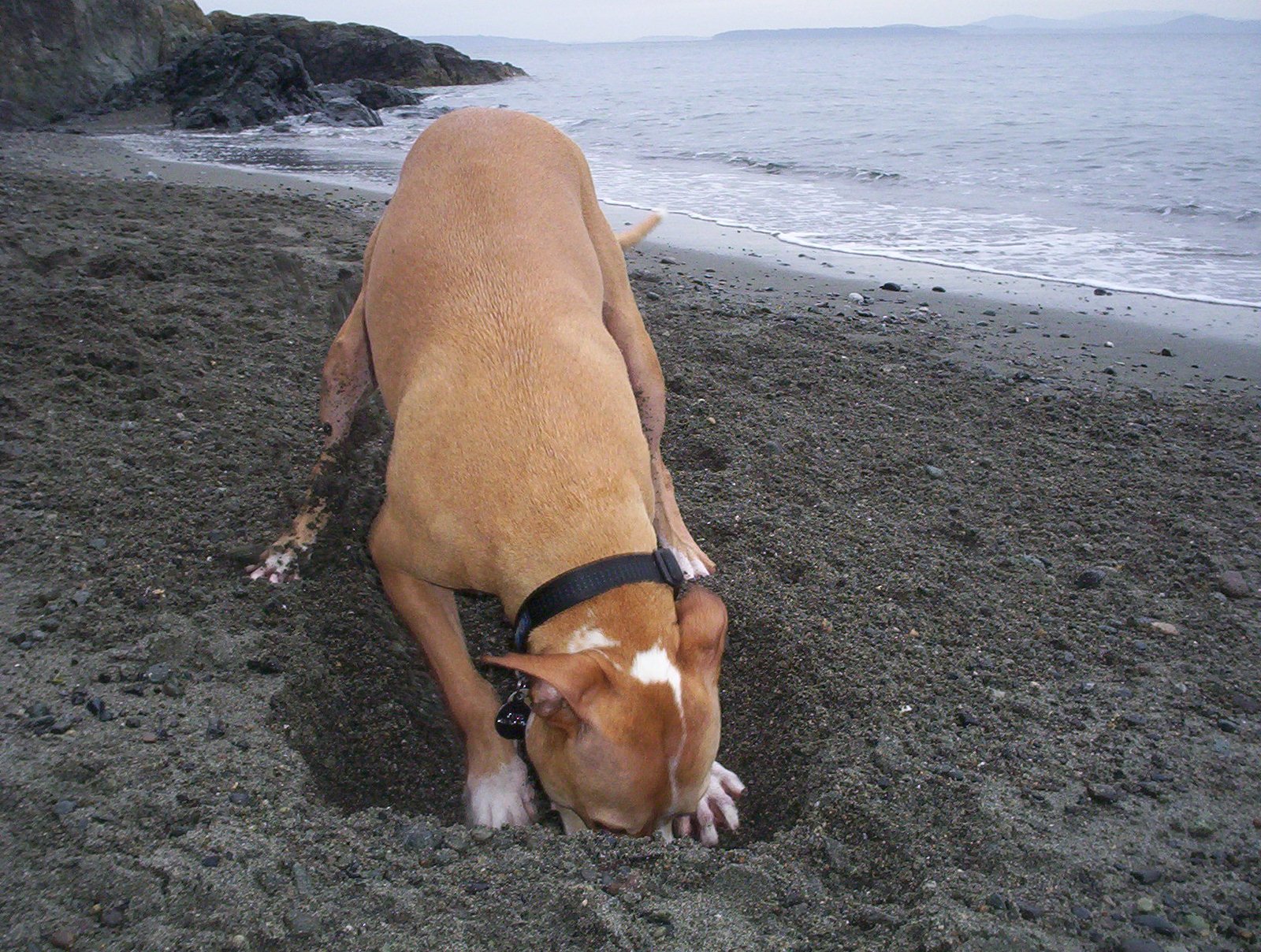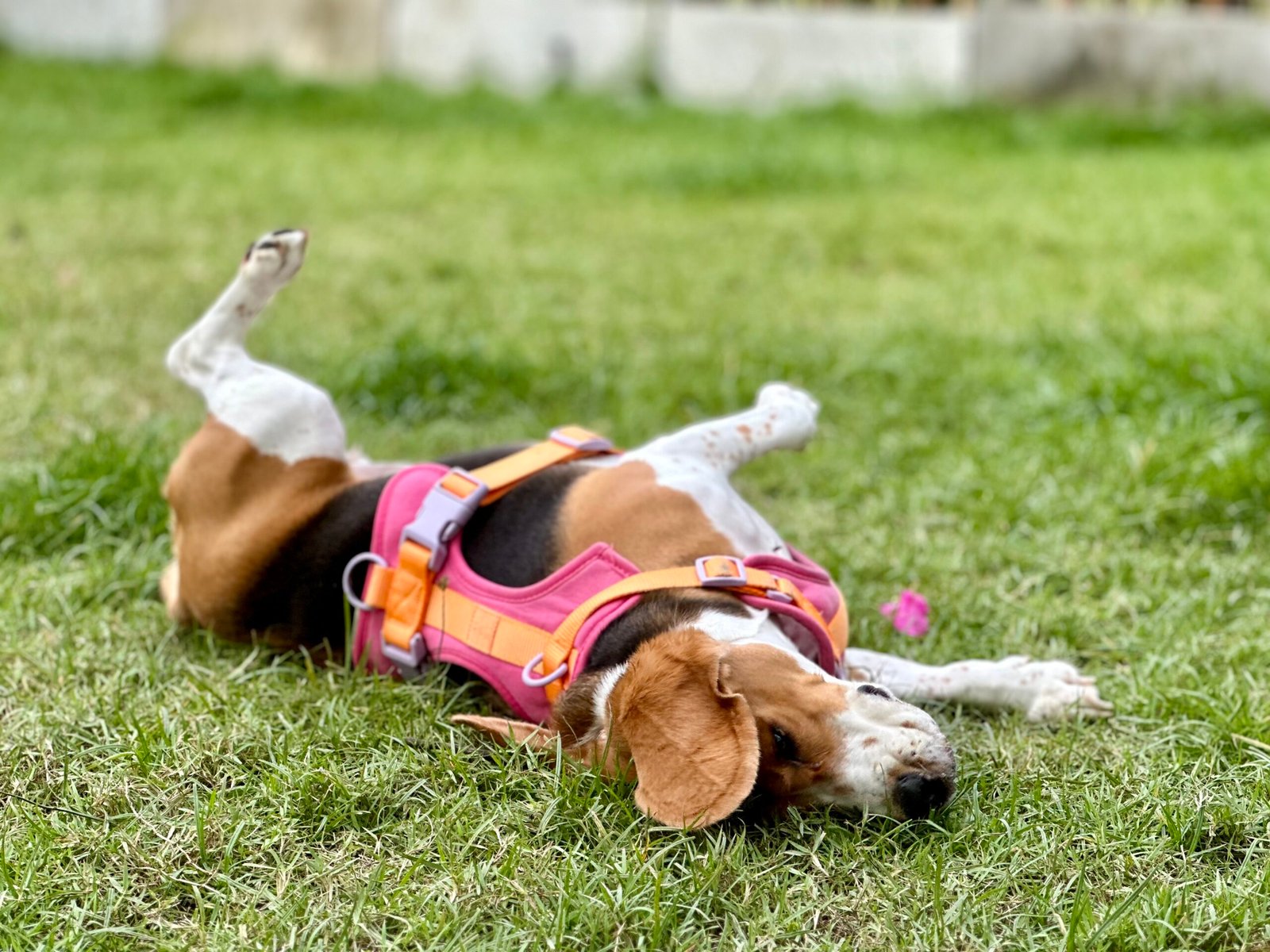Have you ever caught your dog doing something completely baffling, leaving you to scratch your head in confusion? Dogs fill our lives with joy, but sometimes their quirky habits make us wonder if we’re missing the secret manual. From chasing their own tails to howling at seemingly nothing, our furry friends can be a delightful mystery. Understanding these behaviors doesn’t just bring peace of mind—it can also deepen the bond you share with your loyal companion. Let’s dive into the world of canine antics and uncover what’s really going on behind those puppy dog eyes.
Tail Chasing: Silly Play or Something More?

Watching your dog spin in endless circles after its own tail can be hilarious, but it often leaves owners questioning if it’s just play or a sign of something deeper. For many dogs, tail chasing is simply a way to burn off excess energy or entertain themselves when bored. Puppies, especially, love to discover their tails during playtime. However, if tail chasing becomes obsessive or leads to biting and injury, it could point to anxiety, itchiness from fleas, or even a neurological issue. To help your pup, provide plenty of toys and regular exercise. If the spinning seems non-stop, consult a veterinarian to rule out medical concerns and ensure your dog’s tail-chasing stays firmly in the “just for fun” category.
Barking at Nothing: Ghosts, Squirrels, or Something Else?

Few things are as startling as your dog suddenly barking at thin air. While it might seem like they’re reacting to invisible intruders, dogs have heightened senses and sometimes pick up on sounds or scents we can’t detect. A distant car, a neighbor’s footsteps, or even wildlife can spark a barking spree. If the barking becomes excessive, try redirecting your dog’s attention with treats or a favorite toy. Training commands like “quiet” can also help curb the noise. Remember, barking is a natural form of communication, but if it feels out of control, a dog trainer may offer more tailored solutions.
Digging Holes: A Backyard Mystery

Does your once-perfect lawn now look like a construction site? Dogs dig for a variety of reasons—including instinct, boredom, or the search for cool earth on a hot day. Some breeds, like terriers, are more prone to digging because of their hunting heritage. To discourage destructive digging, make sure your dog gets plenty of physical and mental exercise. Designate a “dig zone” with loose soil or sand to satisfy their urge without ruining your garden. If digging seems to come from stress or separation anxiety, providing extra attention and interactive toys can help redirect their energy.
Chewing Everything in Sight: Puppy Teething or Adult Frustration?

Finding chewed-up shoes or furniture can be a daily struggle for dog owners. Puppies chew to soothe their gums when teething, but adult dogs might chew out of boredom or anxiety. To prevent damage, keep tempting items out of reach and offer safe chew toys that satisfy their need to gnaw. Regular playtime and walks help burn off energy that might otherwise be taken out on your belongings. If your adult dog suddenly becomes destructive, a change in routine or underlying anxiety could be the cause, and professional advice may be helpful.
Leash Pulling: Who’s Walking Whom?

A leisurely walk can turn into a tug-of-war if your dog constantly pulls on the leash. This behavior often stems from excitement, lack of training, or simply wanting to explore faster than you can keep up. To manage leash pulling, consistent training with rewards for walking by your side can work wonders. Tools like front-clip harnesses offer more control without causing discomfort. Remember, patience is key—turning walks into a positive learning experience helps both you and your dog enjoy your time together even more.
Rolling in Smelly Things: The Nose Knows

One of the most mystifying (and least pleasant) dog habits is rolling in foul-smelling substances. While it’s gross to us, for dogs, it’s a deeply ingrained instinct—possibly as a way to mask their own scent or communicate with other dogs. If your dog can’t resist a good roll in something stinky, keep a close eye on them during walks and redirect their attention with treats or play. Regular baths and a strong recall command can help minimize the aftermath. Embrace the weirdness—sometimes our pups just want to be delightfully, mischievously dog-like.
Howling at Sirens: A Song of Their People
The haunting sound of a dog howling in response to a siren can feel almost primal. This behavior is rooted in their ancestry—wolves howled to communicate over long distances, and domestic dogs have kept this vocal habit. While it might be startling, it’s usually harmless and often triggered by high-pitched sounds that mimic other dogs’ howls. If the howling becomes frequent or disruptive, try distracting your dog with toys or training exercises. Giving them plenty of attention and not reacting dramatically yourself can also help reduce excessive howling.
Eating Grass: Grazing or a Sign of Illness?
Many dog owners are puzzled or even worried when their pup starts munching on grass. Surprisingly, this is a common and generally harmless behavior. Some dogs eat grass out of boredom, while others may do it to induce vomiting if they have an upset stomach. As long as your dog isn’t eating large amounts or showing other signs of illness, occasional grass grazing isn’t a cause for alarm. However, keep an eye out for chemical treatments on lawns and monitor for vomiting or changes in appetite. If you’re concerned, a trip to the vet can offer peace of mind.
Understanding these puzzling dog behaviors not only eases your worries but can turn confusion into connection. When you see the world through your dog’s eyes, every quirk becomes another reason to love them even more.






